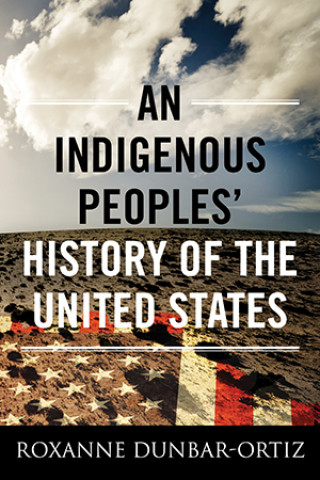These Truths: A History of the United States is the eleventh of the prolific historian Jill Lepore’s twelve books, a number that includes one co-authored work of historical fiction. This one is her most ambitious. It is also a throwback to an older genre: the national history. “I wrote this book,” she writes with candor and caveat, “because writing an American history from beginning to end and across that divide hasn’t been attempted in a long time, and it’s important, and it seemed worth a try.”4 It is worth a try! And These Truthsmay take its place as a standard history, partly because of its pedigree—Harvard and the New Yorker—and partly because of its elegance and digestibility.
It is not entirely true that such an American history “hasn’t been attempted in a long time,” but as a textbook, or textbookish antidote to textbooks, the book is notable for making its civic purpose explicit rather than implicit, and for its more direct acknowledgment of political urgency. “The United States is founded on a set of ideas,” Lepore writes, “but Americans have become so divided that they no longer agree, if they ever did, about what those ideas are, or were.” So These Truths is “meant to double as an old-fashioned civics book, an explanation of the origins and ends of democratic institutions, from the town meeting to the party system, from the nominating convention to the secret ballot, from talk radio to Internet polls” (xviii-xix). The book’s outermost frame is a yes-or-no question: “Can a political society really be governed by reflection and election, by reason and truth, rather than by accident and violence, by prejudice and deceit?” (xiv). This is a loaded question, the only acceptable answers being yes, maybe, and I hope so. (In fact These Truths will arrive, maybe despite itself, at a remarkably bleak assessment of present-day national political resources.) The book’s real task is to demonstrate that history, when animated in a particular way, can lift us toward a humane or enlightened politics. Read me, it whispers, and you will be equipped to steer the ship of state through the storm.

